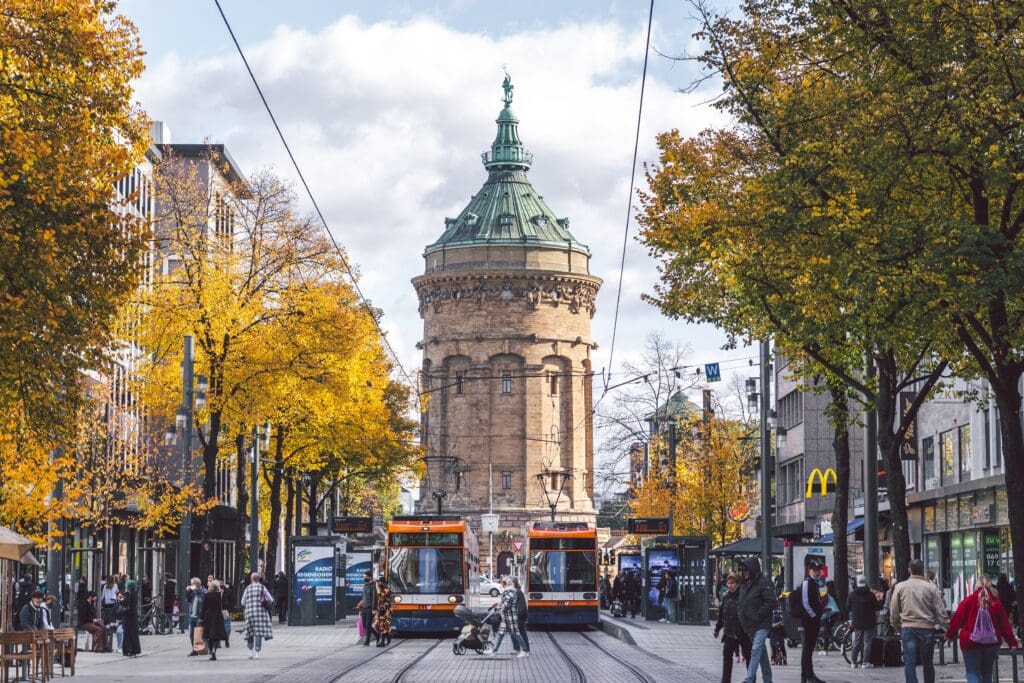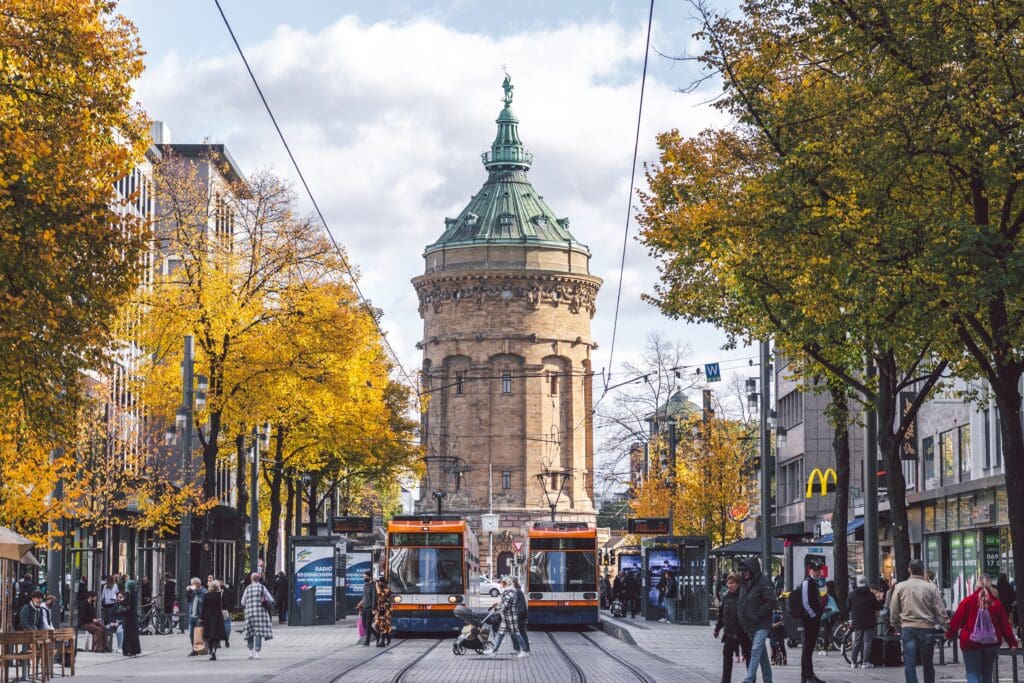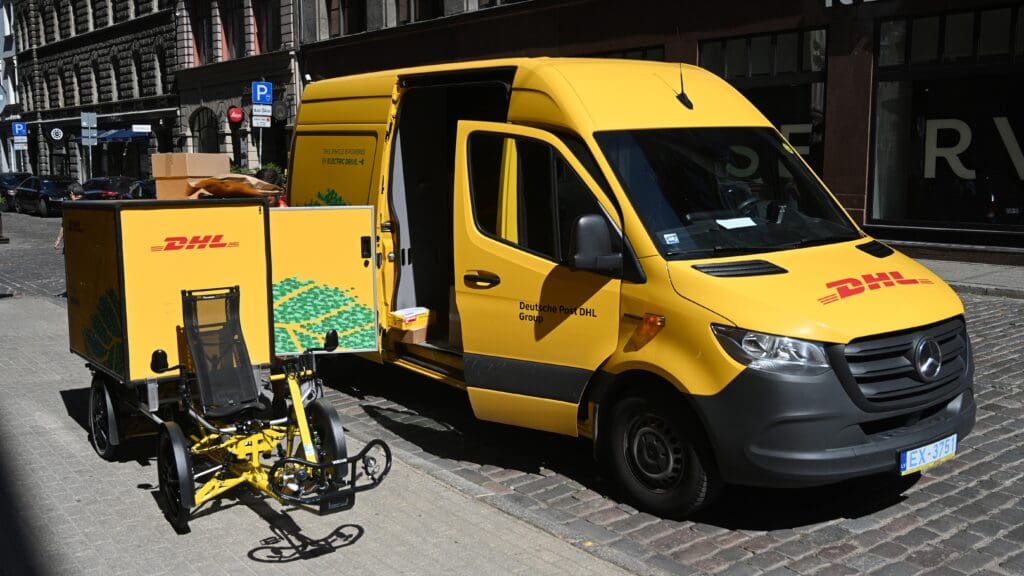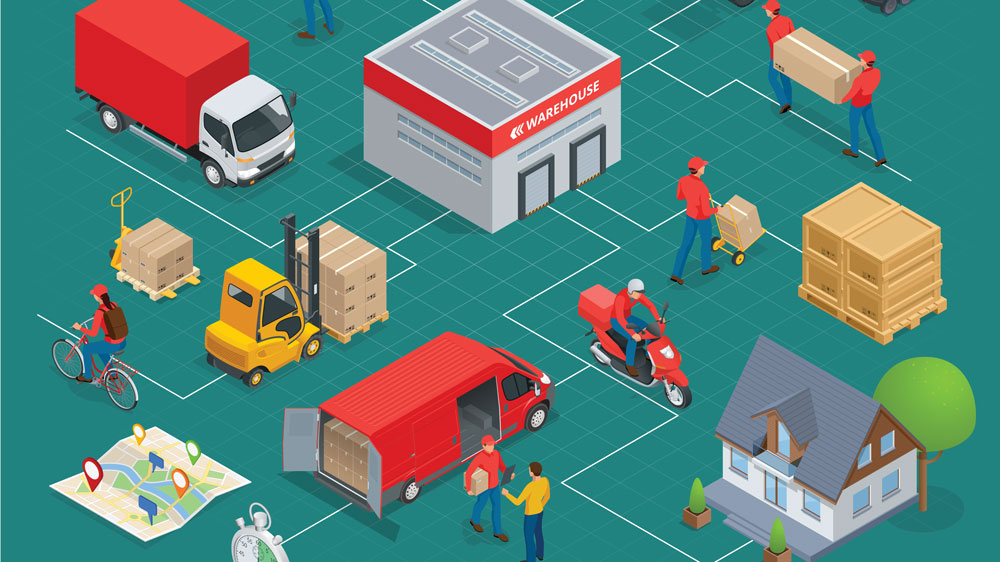How to optimise the transportation of goods in urban areas considering current sustainability challenges and innovative logistics solutions.
It involves last mile distribution, good and freight distribution, consolidation hubs, cargo bikes, electric vehicles for freight, loading – unloading bays, logistics digitalisation, deliveries, drones, etc.
Frequently Asked Questions about City Logistics
1. Do I need a degree to work in City Logistics?
A degree can be helpful, but it’s not always a must. Many jobs in the field focus more on practical experience in areas like urban mobility planning, managing logistics, and sustainable delivery solutions. These skills can sometimes help open doors even without academic qualifications.
2. What are common topics covered in City Logistics courses?
These courses cover how to optimise the transportation of goods in urban areas considering current sustainability challenges and innovative logistics solutions. Topics include last-mile distribution, goods and freight distribution, consolidation hubs, cargo bikes, drone delivery, and more. You’ll also learn about how cities can move away from fossil fuels while ensuring residents have what they need with sustainable logistics.
3. What skills or experience do I need to start a career in City Logistics?
To get started, you’ll need a good grasp of urban mobility challenges, logistics, and supply chain management. Knowing your way around new technologies like drones can also be helpful, depending on the role. Experience in stakeholder engagement, data analysis, and developing sustainable logistics strategies can give you an extra edge.
4. What are some common career paths for someone learning about City Logistics?
You can pursue roles like urban mobility planner, logistics manager, supply chain analyst, and more, where you might work on last-mile delivery solutions, sustainable logistic solutions, or innovative technologies like drones for urban air mobility.
5. What are the benefits of taking an online course about City Logistics?
An online course in City Logistics offers flexibility and convenience, letting you learn at your own pace from anywhere. Plus, these courses are often updated, which means they provide current knowledge and practical skills that are directly useful in the industry and could lead to job opportunities.
6. Why is it important to learn about City Logistics?
It’s essential to learn about City Logistics to develop efficient, sustainable urban transportation systems that reduce congestion and emissions and enhance the quality of life in urban areas.
7. How long do courses about City Logistics typically take to complete?
Course lengths vary, but most can be completed in a few days to a couple of weeks, depending on the material and your speed.
For detailed information on specific courses, visit these pages:
Explore courses on all categories
Our Awards





Newsletter
Stay in the loop with the latest updates! By signing up for our email newsletter, you’ll be the first to know about new courses and publications, updates, upcoming activities and exciting information tailored to your interests. Join us today and be part of our community.
By clicking “Subscribe” I give EIT Urban Mobility my consent for the use of my personal data for the purpose of sending me newsletters in accordance with EIT Urban Mobility’s Privacy Policy








